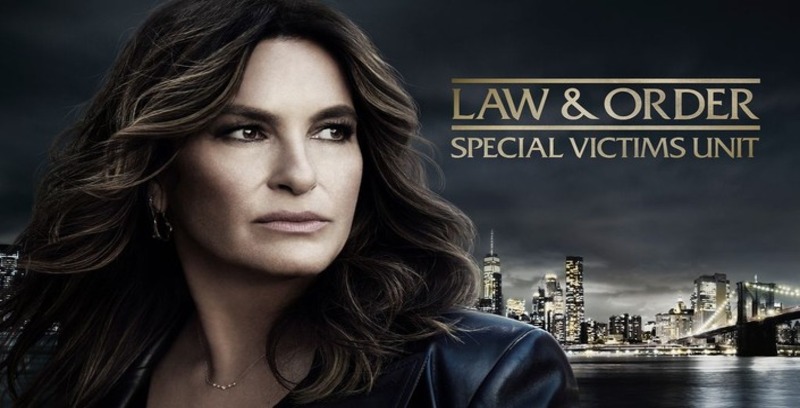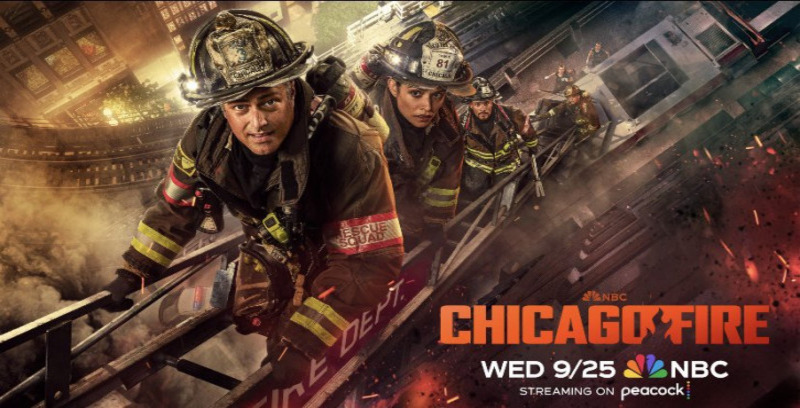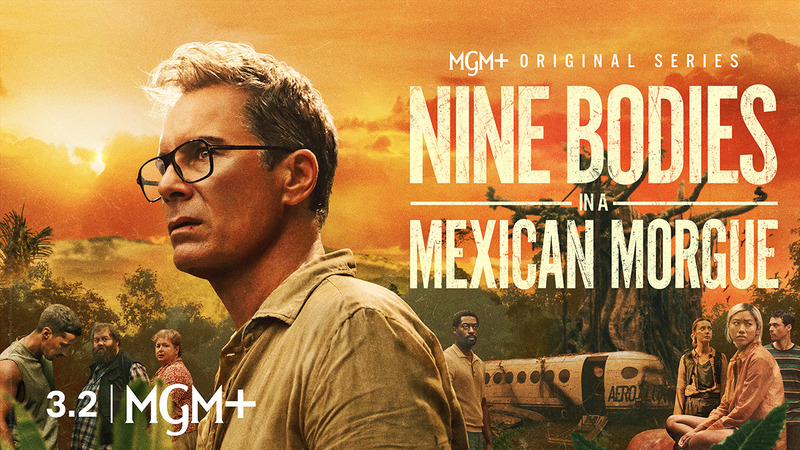Dear Comrades! is currently streaming on Curzon Home Cinema in the UK, serving as Russia’s foreign-language entry at the Oscars later this year. As every bit as worth checking out as its nomination suggests it might be, Dear Comrades! is a worker’s struggle, based on real events depicting a strike by the workforce in Novocherkassk 1962 and an ensuing massacre that follows, with the film capturing both the growing disillusionment in the Communist Party at the level of both a group and that of an individual. Initial discontent serves only to giveaway to escalation as the film progresses, with central figures in charge doing what they can to resolve the situation but only serving to escalate in turn. From the word go the film establishes the need for a protest, with uncompromising, harrowing detail of its consequences.
Andrei Konchalovsky’s Dear Comrades! isn’t afraid to deal a heavy emotional toll on both its audience and its characters beneath its workmanlike screenplay that is as every bit as efficient as its two-hour runtime allows it to be. It’s a gruelling enactment of a tragic real-world massacre that will install anger, told with a sense of hatred and fury from the director that is clearly tangible in the film itself, with tension starting beneath the surface and gradually building over the course of the film’s runtime before exploding in the middle act, with both the first and last acts framed around the build-up to and fallout of the massacre itself.
Dear Comrades! utilises its stellar black and white cinematography in a similar way to Paweł Pawlikowski’s critically acclaimed Cold War from 2018, and Alfonso Cuarón's Roma from the very same year - beautifully shot with an air of artistry in its depiction of organised chaos. Cinematographer Andrey Naydyonov only adds to the authenticism in his depiction of the era, creating some eye-catching shots in a film that is visually arresting as any other released so far this year.
Konchalovsky captures the simmering discontent and air of rebellion with passion and craft for his work. The marches are claustrophobic, tense and operating like a powder keg waiting to explode. Whilst focusing on the larger picture, Konchalovsky skilfully navigates a defining character study through the piece – the experience that Lyuda goes through witnessing the events of the massacre take place before her eyes in an event that shatters her worldview is earth-shattering, and the true consequences of its action are not felt to the end.
Yuliya Vysotskaya’s anguish and desperation is brilliantly performed in her meticulously passionate search for her daughter that acts as a defining point for the second half of the film, creating an instant eye for detail that is only prevalent across the film itself. We get to see Lyuda’s hopes and dreams for her daughter and learn more about their parental relationship even when she is not present, and we get to learn what drives her in turn, to lose faith in the regime, to which she once longed for in what she believed to be the better days of Josef Stalin. A clash between personal feelings and political belief is depicted with majestic intrigue, with both forces fighting against the other to create a driving force of an inner turmoil.
Driven by a sense of righteous fury, Dear Comrades! allows for an excellent, unflinchingly bleak and visceral experience that emerges as a very early contender for a true highlight from 2021. It might not get the big prize – it has tough competition, but is every bit as deserving of your attention. A titanic accomplishment.
Sign Up for the SpoilerTV Newsletter where we talk all things TV!
Recommendations
Subscribe to:
Post Comments (Atom)

















